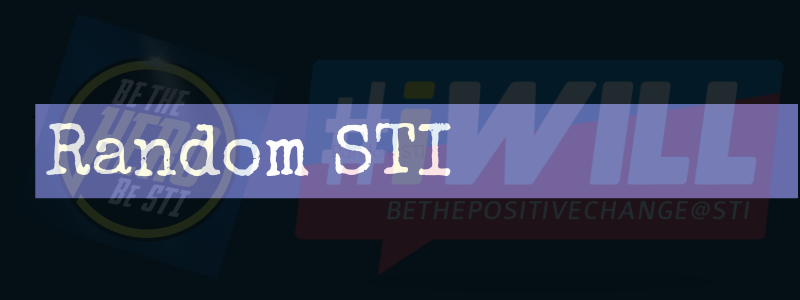Social Interaction,
Social Groups and Formal Organizations
·
Introduction to Social Interaction
·
Social Structure on Global Perspective
·
Social Groups
·
Formal Organizations
Introduction to Social Interaction
·
Role
Expectations –refer to the suggestions of the cultural norms as to how a
person holding a particular status ought to act or perform
·
Role
conflict –refers to the incompatibilities between the two status/positions
given to the same person
·
Role
Strain –describes the situation in dealing with the conflicts on two social
statutes/positions
·
Role
Exit- refers to the disengagement to a certain role that has been part of
one’s identity to start to build a new one
·
Status
Set- all statuses a person holds at a given time
·
Role Set-
number of roles attached to a single status
Social Structure on Global Perspective
·
Emile
Durkheim’s Mechanical and Organic Solidarity
·
Mechanical
Solidarity –a collective consciousness that emphasizes group solidarity
·
Organic
Solidarity –a collective consciousness resting on the society’s members
need to have another
·
Ferdinand
Tonnies’s Gemeinschaft and Gesellschaft
·
Gemeinschaft
–typical rural life characterized by close-knit relationship between
members of society
·
Gesellschaft
–the ideal society characterized by a modern urban life
· Gerhard
Lenski’s Sociocultural Evolution Approach
·
Preindustrial
society –portrays the state of society prior to the coming of advance
technology
·
Hunting and gathering societies
·
Horticultural societies
·
Agrarian societies
·
Industrial
Societies –reliance on mechanical power and new sources of energy,
centralized workplaces, economic interdependence and formal education
·
Postindustrial
Societies –the main output of postindustrial society is services rather
than manufactured goods
·
Postmodern
Society –a technologically sophisticated society preoccupied by consumer
goods and mass media
Social Groups
·
Any number of people who share the same norms,
values or expectation and interact with each other on regular basis
·
Two or more people in social interaction who
share expectations and responsibilities to the group and who share a unifying
characteristic or sense of purpose
·
Primary
and Secondary groups
·
Primary
groups –small number of individuals who share an intimate and personal
relationship
·
Secondary
groups –formal and impersonal groups characterized by lack of intimacy and
mutual understanding
· In-groups
and Out-groups
·
In-groups
–refer to groups whose members feel they belong
·
Out-groups
–are groups or categories to which people feel they do not belong
Formal Organizations
·
Formal
Organizations –large number of people who have bonded to efficiently
fulfill specific and special purposes





















